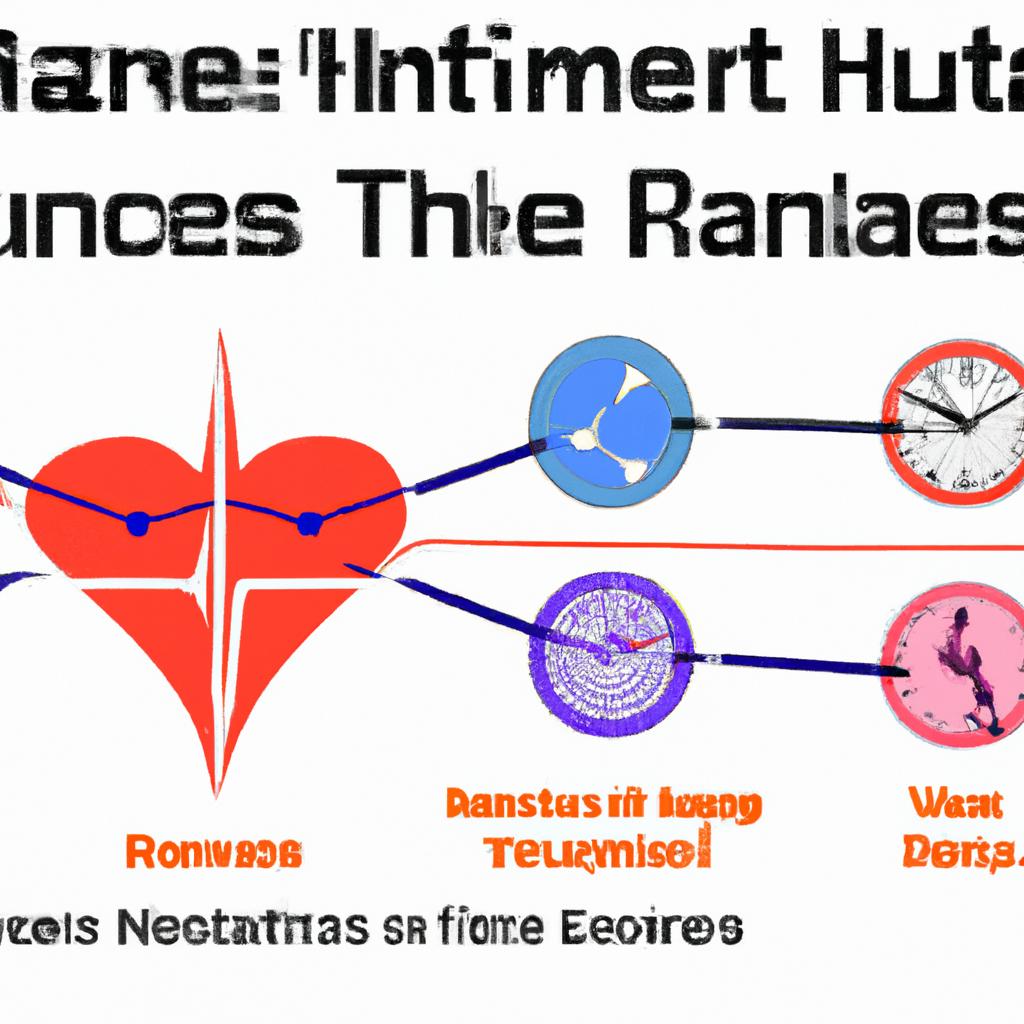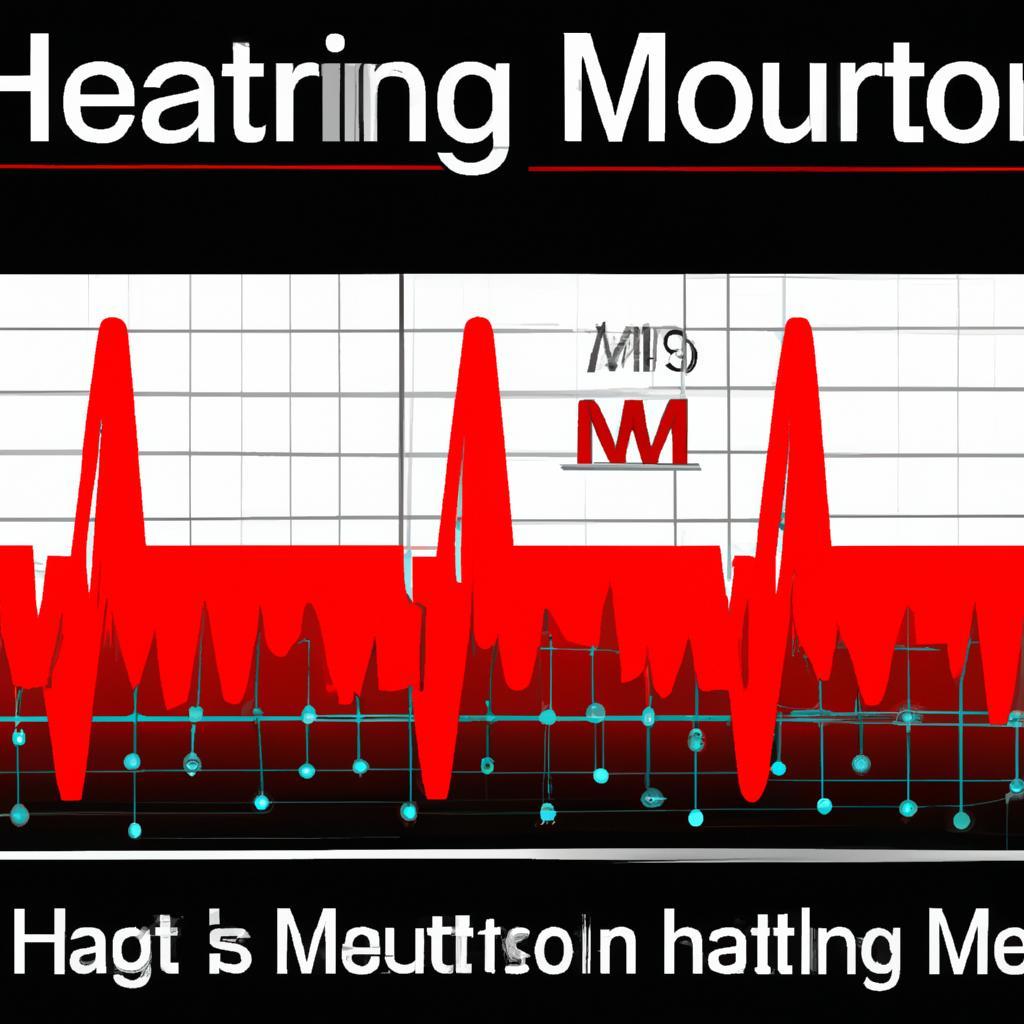In the rhythmic pulse of every runner’s footstep lies a silent conversation between body and heart—a dialogue that goes beyond mere endurance. As feet dance across pavement and trails, the heart beats in symphony, recalibrating itself to meet the demands of each stride. In an age where heart health is of paramount concern, the intersection between running and cardiovascular strength presents a compelling narrative. This article delves into the intricate relationship between running and heart health, illuminated by the innovative use of heart rate monitoring technology. We will explore how tracking our heart’s response to the demands of running not only enhances athletic performance but also offers valuable insights into overall heart health. Join us as we evaluate the ways in which running cultivates endurance and fosters a healthier heart, redefining the boundaries of fitness and well-being in the process.
Understanding the Connection Between Heart Rate and Running Performance
Monitoring heart rate during running offers a profound insight into the relationship between cardiovascular health and athletic performance. By paying attention to how your heart responds to varying exercise intensities, you can reap numerous benefits, including:
- Optimized Training: Understanding your heart rate zones helps you tailor workouts for endurance, stamina, or speed.
- Improved Recovery: Tracking how quickly your heart rate returns to resting levels can indicate your fitness level and recovery efficiency.
- Injury Prevention: Monitoring unusual spikes in heart rate may signal overtraining or stress, prompting necessary adjustments.
- Enhanced Motivation: Seeing measurable progress in heart rate patterns can inspire you to push harder and achieve your running goals.
To illustrate heart rate zones effectively, consider the table below, where different intensity levels correspond to specific heart rate achievements:
| Heart Rate Zone | Percentage of Maximum Heart Rate | Benefits |
|---|---|---|
| Resting | 60-70% | Recovery and Fat Burning |
| Aerobic | 70-80% | Endurance Building |
| Threshold | 80-90% | High Intensity & Time to Fatigue |
| Max Effort | 90-100% | Short Bursts & Interval Training |
This interconnectedness between heart rate and performance not only guides training practices but also serves a vital role in enhancing overall heart health, paving the way for a more sustainable and enjoyable running journey.

Strategies for Enhancing Heart Health Through Effective Rate Monitoring Techniques
To harness the full potential of running for heart health, effective heart rate monitoring plays a crucial role. Implementing strategies such as the following can significantly enhance your cardiovascular fitness:
- Use a Heart Rate Monitor: Wear a heart rate monitor, whether a chest strap or a wristband, to obtain accurate readings during your runs.
- Establish Target Zones: Identify your target heart rate zones to tailor your workouts; typically, the aerobic zone is 70-80% of your maximum heart rate.
- Utilize Interval Training: Incorporate interval training, alternating between high-intensity sprints and recovery periods, to elevate heart health benefits.
- Stay Hydrated: Maintaining hydration is key, as dehydration can lead to increased heart rates and potentially compromise your performance.
- Track Progress: Regularly assess your heart rate data and overall running metrics to identify improvements and adjust your training accordingly.
For a clearer understanding, refer to the table below which summarizes common target heart rate zones based on age:
| Age (Years) | Maximum Heart Rate (bpm) | Aerobic Zone (70-80%) |
|---|---|---|
| 20 | 200 | 140-160 |
| 30 | 190 | 133-152 |
| 40 | 180 | 126-144 |
| 50 | 170 | 119-136 |
| 60 | 160 | 112-128 |
By integrating these techniques into your running routine, you’ll not only enhance endurance but also support and improve overall heart health effectively.
The Conclusion
the intricate relationship between running and heart health is a testament to the profound resilience of the human body. By understanding the dynamics of heart rate monitoring, runners can tailor their training regimens to enhance endurance while safeguarding their cardiovascular well-being. As we lace up our shoes and hit the pavement, let us remember that each heartbeat is not just a measure of performance but a vital sign of our commitment to health. Whether you are a seasoned athlete or a casual jogger, the journey towards a stronger heart begins with awareness and intention. Embrace the rhythm of your heart as it guides you to new thresholds of endurance, and may every run pave the way for a healthier tomorrow.











Leave a Reply